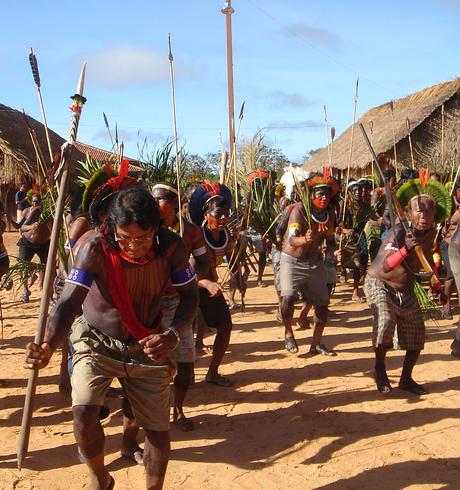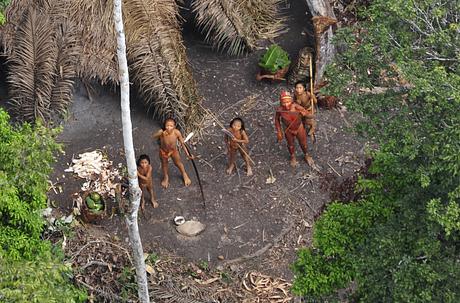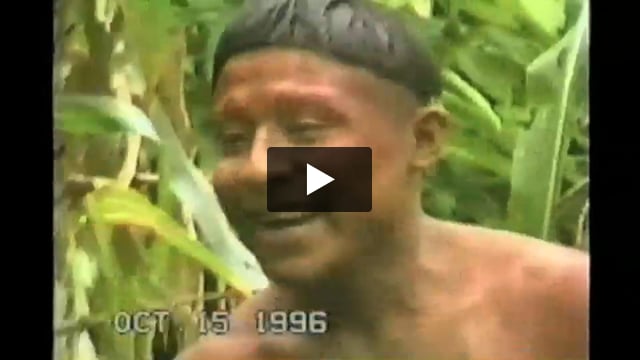Tribe reveals new evidence of uncontacted Indians threatened by dam
December 17, 2010
 © Terence Turner/Survival
© Terence Turner/SurvivalThis page was last updated in 2010 and may contain language which is now outdated.
A tribe in the Brazilian Amazon has revealed new evidence showing that there are uncontacted Indians living in the area of the planned Belo Monte mega-dam, and has warned that these Indians are seriously threatened by the project.
The Asurini tribe reports that whilst on a hunting expedition, they saw some uncontacted Indians in their forest home. They have also seen footprints left by the uncontacted Indians, just 70 kms away from the planned site of the Belo Monte dam.
The warning comes in an international petition filed with Brazil’s Public Prosecutor’s Office by the Association of Ethnoenvironmental Defence Kaninde and the Society for Threatened Peoples. The petition states that Belo Monte threatens the survival of the uncontacted Indians and calls for the dam not to be built.
If built, the Belo Monte dam would flood a large area of land, dry up certain parts of the Xingu river, bring large-scale immigration to the area, cause huge devastation to the rainforest and reduce fish stocks upon which the Indigenous population depends for its survival.
Indian leader Megaron Kayapó said last month, ‘Which rivers will we have for fishing? The Xingu is our river, our supermarket… We live by hunting, fishing, and planting… We have always been against it (Belo Monte), and we will always be against it’.
The uncontacted Indians of the area are particularly at risk, as they have very little resistance to outside diseases, which could be fatal for them.
Indigenous leader Sheyla Juruna has made an appeal against the Belo Monte dam, describing it as a ‘project of death and destruction’ and calling for people to sign an international petition for the project to be stopped.




